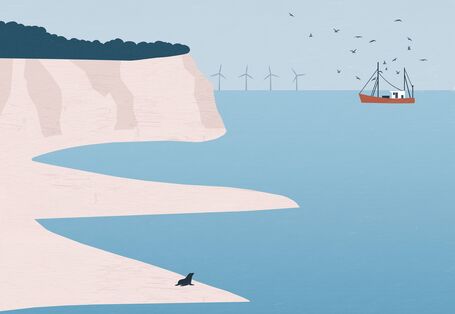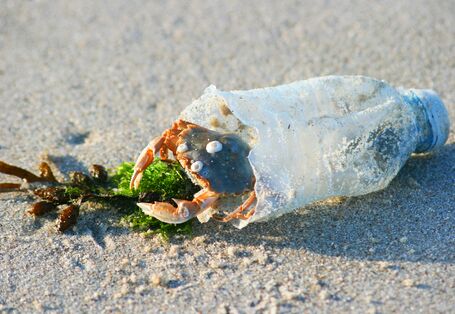Environmentally friendly handling of fertiliser in ports

Handling of fertilisers in German ports can cause nutrients to enter coastal waters. This can lead to oxygen depletion in the waters and have a severe adverse effect on living organisms. During transshipment, between 0.025 and 0.00000083 per cent of fertiliser can end up in the water. Protective covers between the ship and the quay wall and cleaning of the transshipment areas can counteract this.


